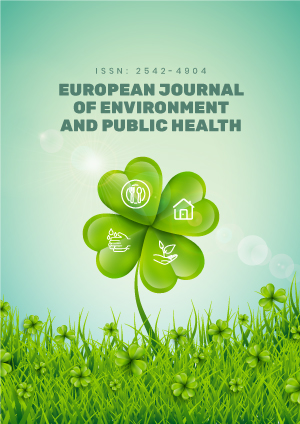Abstract
Around the time when several countries battle with COVID-19 pandemic, the New Zealand implemented an elimination strategy- a headway that successfully eliminated the novel SARS-CoV-2 from Aotearoa/ New Zealand. A review of the elimination plan shows an extended and strict restrictions on social contact that could cause mental health fall out particularly among the vulnerable groups such as the aged, prisoners, and people with preexisting mental health issues. For a proactive action against these after-lockdown possibilities, surveillance of the risk factors among the vulnerable groups, deliberate interventional psychiatric and psychological care, and investment in mental health personnel training should be first point of action. Hence, this paper aims at drawing attention to these needed response.
License
This is an open access article distributed under the Creative Commons Attribution License which permits unrestricted use, distribution, and reproduction in any medium, provided the original work is properly cited.
Article Type: Editorial
EUR J ENV PUBLIC HLT, Volume 4, Issue 2, 2020, Article No: em0058
https://doi.org/10.29333/ejeph/8456
Publication date: 06 Aug 2020
Article Views: 3691
Article Downloads: 2232
Open Access References How to cite this article
 Full Text (PDF)
Full Text (PDF)